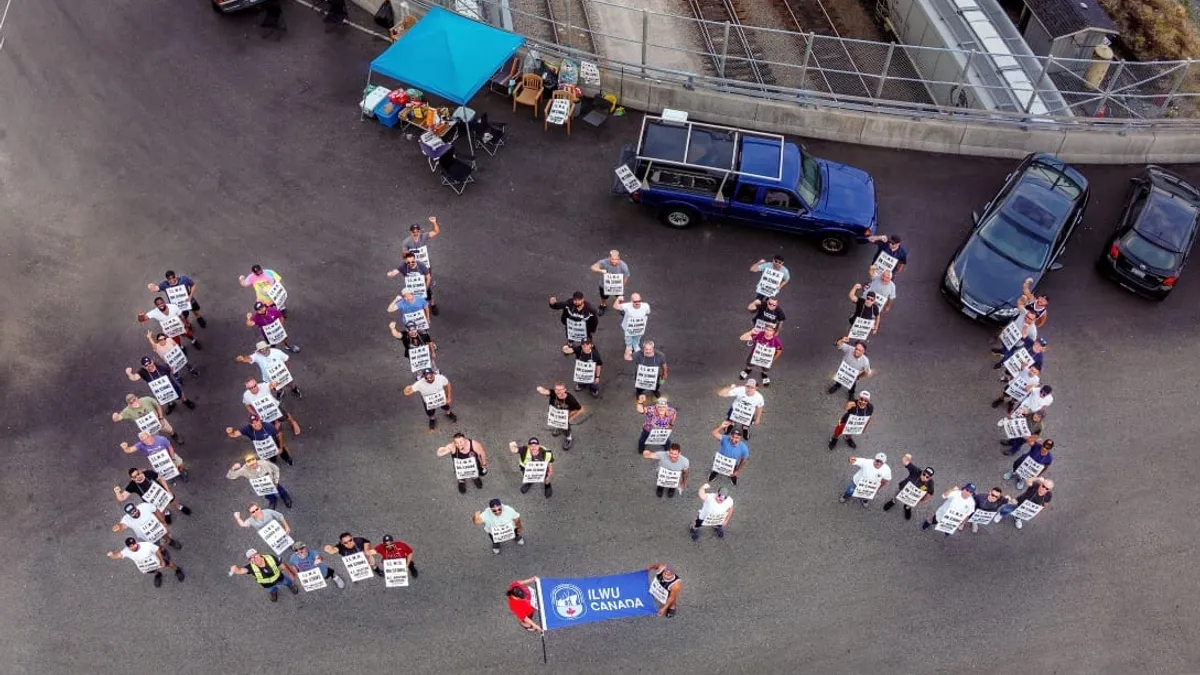Canada’s labor minister said Wednesday a deal is within reach to end a strike at two British Columbia ports that haves upended trade and pushed one of the world's largest fertilizer producers to cut shipments.
To end a bargaining stalemate, Canada Minister of Labour Seamus O’Regan Jr. said he had asked a senior federal mediator to send him a written recommendation on the terms of a settlement within 24 hours. He said the two negotiating parties will then be forwarded the proposal, and be given 24 more hours “to decide whether or not to recommend ratification of the terms to their principals."
“Today, after eleven days of work stoppages, I have decided that the difference between the employer’s and the union’s positions is not sufficient to justify a continued work stoppage,” O’Regan said in a statement shared via Twitter.
The minister informed the two parties of the mediation strategy late Tuesday afternoon, according to the British Columbia Maritime Employers Association, following 10 weeks of mediation and a prolonged strike that has paralyzed imports and exports in Canada.
The employer group had said earlier on Wednesday that a lack of progress in negotiations has already disrupted $8.6 billion in cargo. Major fertilizer producer Nutrien was among agricultural producers affected, with the company saying it cut production at one of its potash mines due to the loss of export capacity at ports.
Meanwhile, traffic on Canada's railroads plummeted dramatically, with intermodal units down 46.2% year-over-year for the week ending July 8, according to the Association of American Railroads.
“The disruption at the Port of Vancouver has resulted in the curtailment of production at our Cory potash mine and if prolonged could also impact production at our other potash mines in Saskatchewan," Ken Seitz, Nutrien’s president and CEO, said in a statement. "We urge the parties in this dispute to come to a swift resolution to prevent further damage to the Canadian economy.”
More than 7,000 dockworkers represented by the International Longshore and Warehouse Union Canada went on strike July 1, citing concerns over pay, automation, and retaining jurisdiction over certain types of work. While negotiations broke down shortly after the strike, the two parties returned to the table earlier this week.
In its most recent public statement, ILWU Canada president Rob Ashton said "it’s sheer hypocrisy to now argue that government should force longshore workers back to work."
Rising inflation and other economic issues facing the country stem from shipping company practices, not union action, he argued.













